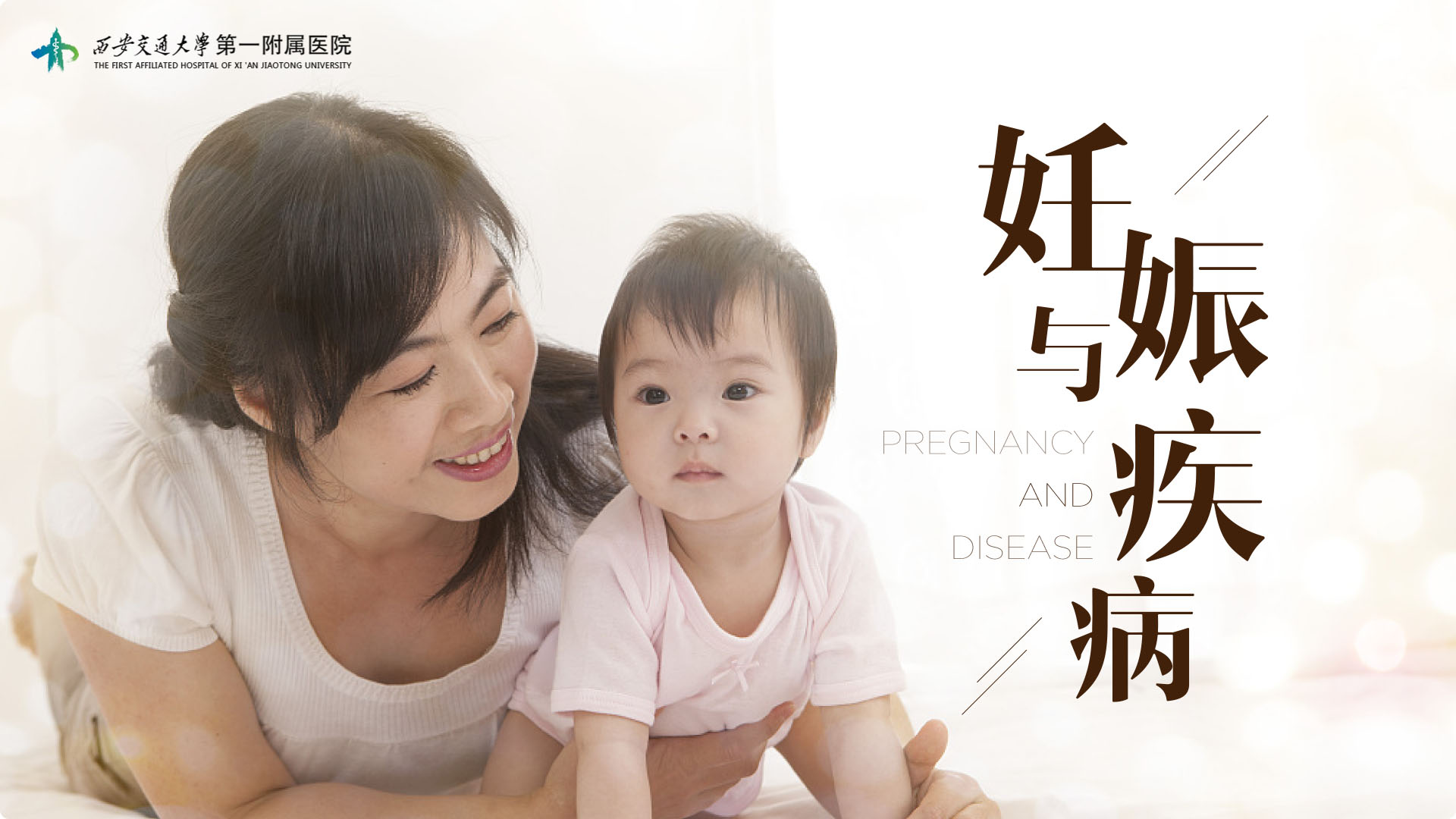
当前课程知识点:Gerontological Nursing > CHAPTER 1: General Introduction to Geronological Nursing > 1.5 Theories Related to Elderly Care > 1.5.3 Self-efficacy and Chronic Disease Management
返回《Gerontological Nursing》慕课在线视频课程列表
返回《Gerontological Nursing》慕课在线视频列表
同学们好
今天我们要学习的内容是
《自我效能与慢性病管理》
国务院办公厅印发的
《中国防治慢性病中长期规划2017-2025年》
中部署了做好未来5-10年的慢性病防治工作
降低疾病负担
提高居民健康期望寿命
努力全方位 全周期
保障人民健康的具体任务
《规划》指出要明确政府
医疗卫生机构和家庭 个人等各方在
健康管理方面的责任
要建立健康管理长效工作机制
从金字塔来看
自我管理是金字塔的底层
慢性病患者必须积极参与自己的保健服务
提高自身的能力
使自己能照顾自己
学会自我管理
有研究者针对城市社区老年慢性病患者
自我护理能力及其影响因素进行调查
结果发现
自我效能是影响老年慢性病患者
自我护理能力的主要因素之一
那么
究竟什么是自我效能呢
自我效能
self efficacy
是由美国心理学家
社会学习理论的创始人
班杜拉于1977年提出的
1986年
班杜拉在其著作《思想和行为的社会基础》中
对自我效能做了进一步的系统论述
使该理论的框架初步形成
自我效能是社会学习理论框架中的一个核心概念
是个体对自己
执行某一特定行为的能力大小的主观判断
即个体对自己执行某一特定行为
并达到预期结果的能力的信心
班杜拉认为
人类的行为不仅受行为结果的影响
而且受个体对自我行为能力
与行为结果的期望的影响
他发现
即使个体知道某种行为会导致何种结果
也不一定去从事这种行为
或开展某项活动
而是首先要推测一下自己行不行
有没有实施这一行为的能力与信心
这种推测和估计的过程
实际上就是自我效能的表现
所以
人的行为既受结果期望的影响
更受自我效能期望的左右
自我效能是人类行为的决定性因素
自我效能被广泛应用于理解健康行为
和促进健康行为
班杜拉就自我效能对健康行为的影响
进行了大量的研究
大家看这个图
班杜拉在2004年发表的文章中指出
自我效能感可以直接影响个体的健康行为
也可以通过健康目标 结果预期
社会结构性的健康行为促进和妨碍因素
而间接影响个体的健康行为
简而言之
自我效能是通过影响健康行为
信念和情绪
从而影响个体的健康状况
提高自我效能是指
增强个人对执行健康行为能力的信心
它作为一种有效的护理干预措施
已被美国护理措施分类系统收录
成为老年护理专科领域的核心措施之一
老年人由于年龄增长
及生理性老化现象的出现
与青年人相比
其自我效能感显著下降
特别表现在记忆和学习等方面
这种自我效能感的下降
会直接或间接影响老年人的健康行为习惯
或疾病康复的信心
例如
有些老年人因为对自己的体能耐力缺乏信心
而不愿意参加户外活动
而另一些老年人可能因为记忆下降
反应能力减弱
不愿与他人交往
刻意减少外出及活动
那么
应该要如何提高
老年慢性病患者的自我效能感呢
它包括四个方面
一 成功地完成某种行为
即过去的成功经验
二 间接经验
观察其他人执行某种行为
三 口头劝说
如 你能完成这项活动
四 情感激发
激发出积极的情感
除了班杜拉外
其他学者
也针对老年人的自我效能进行了大量的研究
以自我效能和老年为主题词
在中国知网中检索
截止2019年5月17日
共检索到622篇论文
这是总体发表论文趋势图
我们可以看到文献的数量呈逐年上升的趋势
对文献进行大致归类
发现自我效能在老年领域的应用主要分布在
老年慢性病管理
老年人心理健康促进
及老年人其他健康问题三方面
下面
我们着重介绍
自我效能理论在老年慢性病管理中的应用
张雅芝等人从效能来源的角度
构建了
基于自我效能理论的社区老年高血压患者
服药自我管理干预措施
采用随机对照设计
对社区80名老年高血压服药患者进行随机分组
对照组给予社区常规用药指导
干预组给予基于自我效能理论的护理干预
研究表明
基于自我效能的护理干预
可以提高
社区老年高血压患者药物自我管理能力
用药依从性自我效能感和用药依从性
王玉兰等制订了以自我效能理论为依据
采用健康教育 心理疏导疗法
认知疗法
从亲身体验 间接体验
言语劝导和情绪反应
四个方面对居家不出老人进行干预
研究发现
通过6个月的自我效能干预
居家不出老年人的抑郁水平和孤独感减轻
提示自我效能理论
可作为改善居家老年人的
心理健康状况的理论框架
国外学者
通过马来西亚半岛的76位老年糖尿病患者
进行随机对照试验
对照组给予常规护理
干预组给予基于自我效能的足部自我护理
健康教育干预
研究发现
接受自我效能干预的老年人
在足部自我护理行为 自我效能感
足部护理期望
足部护理知识均高于常规护理的老年人
可见
自我效能
是调节认知和行为之间关系的关键因素
影响或决定人们对行为的选择
以及对该行为的坚持性和努力程度
可运用自我效能理论
提高慢性病患者自我健康行为的管理
对自我效能
与慢性病管理感兴趣的同学
可以找到我课堂上
讲解的这些研究案例的原文进行深入阅读
好
今天我们的课就讲到这里
谢谢
-1.1 Human Life Expectancy and Age Classification of the Elderly
--Human Life Expectancy and Age Classification of the Elderly
--【Vedio Recommendation】 How do we measure life expectancy ?
-1.2 Population Aging
--【Literature Recommendation】World Report on Ageing and Health: 2015
-1.3 Influence and Countermeasures of Population Aging
--Influence and Countermeasures of Population Aging
--【Literature Recommendation】World Population Ageing Highlights:2019
-1.4 Goals and Principles of Elderly Care
--Goals and Principles of Elderly Care
--【Book Recommendation】Evidence-Based Geriatric Nursing Protocols for Best Practice
-1.5 Theories Related to Elderly Care
--1.5.1 Personality Development Theory and Life Review
--1.5.2 Disengagement Theory and Activity Theory
--1.5.3 Self-efficacy and Chronic Disease Management
--【Vedio Recommendation】8 Stages of Development by Erik Erikson
--【Literature Recommendation】Activity Theory, Disengagement Theory, and Successful Aging
--【Book Recommendation】Self-Efficacy in Changing Societies
-1.6 Elderly Support and Elderly Care
--1.6.1 Concepts of Elderly Healthcare, Elderly Support and Elderly Care
--1.6.2 Home-based Elderly Care Model
--1.6.3 Institutional Elderly Care Model
--1.6.4 Integrated Medical and Nursing Care Model
--【Vedio Recommendation】Day in the Life of Home Care
--【Website Recommendation】Official Website of the National Institutes of Health
-Concept Map
--【Concept Map】General Introduction to Geronological Nursing
-【Test】CHAPTER 1
-2.1 Aging Changes in the Elderly
--2.1.1 Aging of the Respiratory System
--2.1.2 Aging of the Cardiovascular System
--2.1.3 Aging of the Digestive System
--2.1.4 Aging of the Urinary System
--2.1.5 Aging of the Endocrine System
--2.1.6 Aging of the Motor System
--2.1.7 Aging of the Nervous System
--2.1.8 Aging of the Sensory System
--【Literature Recommendation】Exercise Attenuates the Major Hallmarks of Aging
--【Book Recommendation】Hazzard's Geriatric Medicine and Gerontology
-2.2 Comprehensive Health Assessment of the Elderly
--Comprehensive Health Assessment of the Elderly
--【Literature Recommendation】Instruments to evaluate mental well-being in old age: a systematic review
-2.3 Principles of Elderly Health Assessment
--Principles of Elderly Health Assessment
-2.4 Assessment of the Functional Status of the Elderly
--Assessment of the Functional Status of the Elderly
--【Literature Recommendation】The Lawton Instrumental Activities of Daily Living (IADL) Scale
-2.5 Assessment of Cognitive Function in the Elderly
--Assessment of Cognitive Function in the Elderly
-2.6 Assessment and Adjustment of the Living Environment for the Elderly
--Assessment and Adjustment of the Living Environment for the Elderly
-Concept Map
--【Concept Map】Elderly Health Assessment(1)
--【Concept Map】Elderly Health Assessment(2)
-【Test】CHAPTER 2
-3.1 Overview of the Psychological Characteristics of the Elderly
--Overview of the Psychological Characteristics of the Elderly
-3.2 Influencing Factors of Psychological Changes in the Elderly
--Influencing Factors of Psychological Changes in the Elderly
-3.3 Common Psychological Issues and Their Management in the Elderly
--3.3.1 Common Psychological Issues and Their Management in the Elderly (1)
--3.3.2 Common Psychological Issues and Their Management in the Elderly (2)
--【Book Recommendation】Development Through the Lifespan
-3.4 Depression in the Elderly
--3.4.1 Overview of Depression in the Elderly
--3.4.2 Clinical Symptoms of Depression in the Elderly
--3.4.3 Caring for Elderly Patients with Depression
--【Documentary Recommendation】Depression:Out of the Shadows
-3.5 Elderly Patients with Dementia
--3.5.1 Identification of Dementia Symptoms in the Elderly
--3.5.2 Intelligence Rehabilitation of Elderly Patients with Dementia
--3.5.3 Safety Care of Elderly Patients with Dementia
--【Website Recommendation】The Global Voice on Demaentia
-Concept Map
--【Concept Map】Elderly Mental Health and Mental Health Care
-【Test】CHAPTER 3
-4.1 Precautions for Daily Care of the Elderly
--Precautions for Daily Care of the Elderly
-4.2 General Care of Elderly Skin
--4.2.1 Characteristics and General Care of Elderly Skin
--4.2.2 Skin Itching and Its Management in the Elderly
--【Website Recommendation】American Academy of Dermatology
-4.3 Clothing Hygiene for the Elderly
--Clothing Hygiene for the Elderly
--【Literature Recommendation】The Design Methods of Functional Clothing for the Elderly
-4.4 Dietary Care for the Elderly
--4.4.1 Nutritional Needs of the Elderly and Influencing Factors of these Needs
--4.4.2 Dietary Care for the Elderly
--【Book Recommendation】Nutrition Care of the Older Adult: a Handbook for Dietetics
--【Website Recommendation】Nutrition for older persons
-4.5 Sleep Guidance for the Elderly
--4.5.1 Sleep Characteristics of the Elderly
--4.5.2 Sleep Guidance for the Elderly
--【Book Recommendation】An Occupational Therapist's Guide to Sleep and Sleep Problems
--【Website Recommendation】American Academy of Sleep Medicine
-4.6 Exercises Guidance for the Elderly
--4.6.1 Evaluation of Exercise Intensity in the Elderly
--4.6.2 Precautions Elderly Undertaking Exercises
--【Website Recommendation】American College of Sport Medicine
--【Book Recommendation】Handbook of Activities for the Elderly
-Concept Map
--【Concept Map】Elderly Daily Care
-【Test】CHAPTER 4
-5.1 Characteristics of Drug Metabolism and Pharmacodynamics in the Elderly
--Characteristics of Drug Metabolism and Pharmacodynamics in the Elderly
--【Website Recommendation】How Drugs Work In the Elderly
-5.2 Common Adverse Drug Reactions and Their Causes in the Elderly
--Common Adverse Drug Reactions and Their Causes in the Elderly
-5.3 The Principles of the Use of Medications in the Elderly
--The Principles of the Use of Medications in the Elderly
-5.4 Prevention of Adverse Drug Reactions in the Elderly
--Prevention of Adverse Drug Reactions in the Elderly
-5.5 Medication Compliance in the Elderly
--Medication Compliance in the Elderly
-Concept Map
--【Concept Map】Medication Safety and Care for the Elderly
-【Test】CHAPTER 5
-6.1 Falls in the Elderly
--6.1.1 Epidemiological Characteristics of Elderly Falls
--6.1.2 Risk Factors for Falls in the Elderly
--6.1.3 Prevention of Falls in the Elderly
--【Website Recommendation】CDC STEADI(Stopping Elderly Accidents, Deaths & Injuries Tool Kit)
-6.2 Dysphagia in the Elderly
-6.3 Urinary Incontinence in the Elderly
--Urinary Incontinence in the Elderly
-6.4 Constipation in the Elderly
-6.5 Dry Mouth in the Elderly
--【Website Recommendation】Academy of Nutrition and Dietetics
-6.6 Elderly Nutritional Deficiencies
--Elderly Nutritional Deficiencies - emaciation
-6.7 Visual Impairment in the Elderly
--Visual Impairment in the Elderly
--【Website Recommendation】Senior Eye Exams
-6.8 Senile Deafness
-6.9 Elderly Delirium
-6.10 Elderly Frailty
--【Literature Recommendation】Frailty in elderly people/Frailty in older people
-6.11 Pneumonia in the Elderly
-6.12 Hypertension in the Elderly
--【Literature Recommendation】2018 Chinese Guidelines for Prevention and Treatment of Hypertension
-6.13 Stroke in the Elderly
-6.14 Stable Angina in the Elderly
--Stable Angina in the Elderly
-Concept Map
--【Concept Map】Nursing Care for the Elderly with Common Health Problems and Diseases
-【Test】CHAPTER 6
-7.1 Concept of Hospice Care
--【Website Recommendation】 Definition of Palliative Care,WHO
-7.2 Death Education
--【Book Recommendation】The Meaning of Death by Herman Feife
-7.3 Nursing for Pain in the Dying Elderly
--Nursing for Pain in the Dying Elderly
-7.4 Nursing for Major Bleeding in the Dying Elderly
--Nursing for Major Bleeding in the Dying Elderly
-7.5 Nursing for Delirium in the Dying Elderly
--Nursing for Delirium in the Dying Elderly
-7.6 Nursing for Dyspnea in the Dying Elderly
--Nursing for Dyspnea in the Dying Elderly
--【Website Recommendation】The Hospice and Palliative Nurses Association,HPNA
-7.7 Psychological Problems and Nursing in the Dying Elderly
--Psychological Problems and Nursing in the Dying Elderly
--【Book Recommendation】On Death and Dying ,by Elisabeth Kübler-Ross
-7.8 Grief Counseling for the Widowed Elderly
--Grief Counseling for the Widowed Elderly
--【Book Recommendation】I Wasn't Ready to Say Goodbye,by Noel·Brook,Blair·Pamela
-Concept Map
--【Concept Map】Hospice Care for the Elderly
-【Test】CHAPTER 7
-Final Exam

